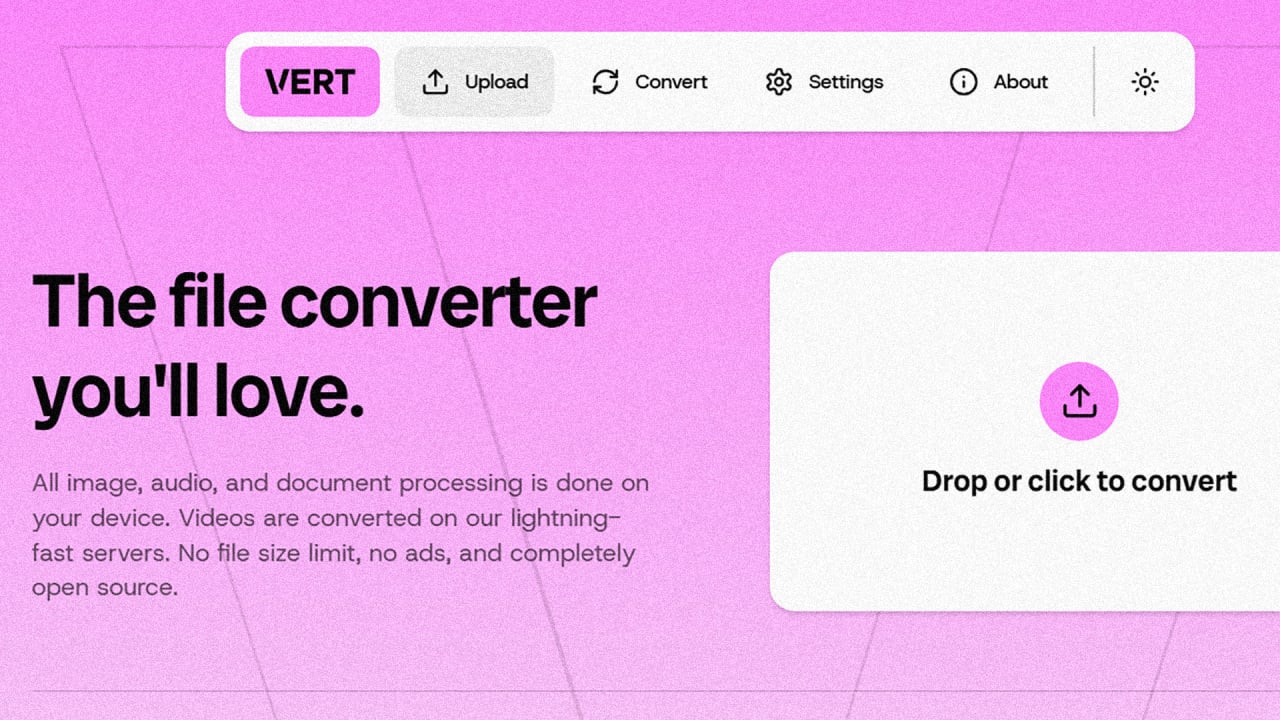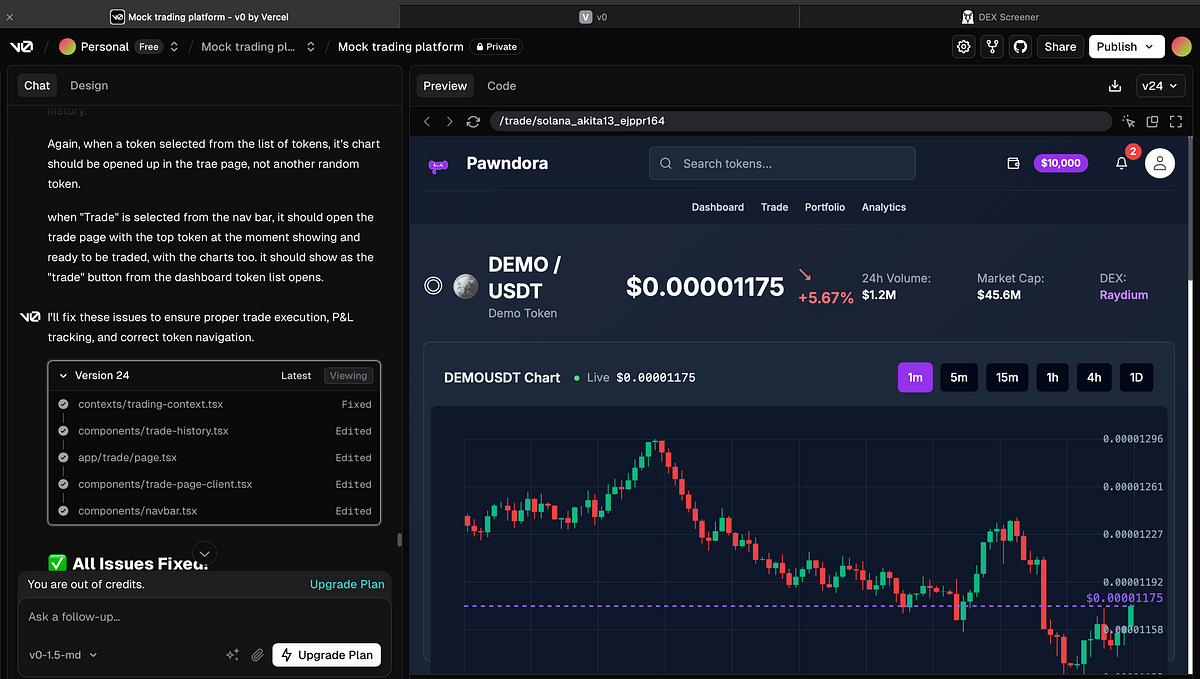How Sustainability Consulting in Malaysia Helps Reduce Energy Costs and Boost Efficiency
Learn how sustainability consulting in Malaysia helps businesses cut energy costs while boosting operational efficiency and regulatory compliance.

Looking to reduce operational costs while making your business more environmentally responsible in Malaysia? Sustainability consulting offers a powerful solution to achieve both goals simultaneously.
The average Malaysian business can reduce energy costs by 20-30% through sustainable practices, according to recent industry data. As energy prices continue to rise, sustainability consulting has become a strategic imperative for forward-thinking companies.
In this comprehensive guide, we'll explore how sustainability consulting in Malaysia:
- Identifies energy efficiency opportunities unique to your business
- Implements proven cost-reduction strategies
- Helps achieve compliance with environmental regulations
- Creates long-term value through sustainable operations
Whether you're a small business owner or a corporate executive, understanding how sustainability consulting can transform your energy usage and bottom line is crucial in today's competitive landscape.
Let's dive into the practical steps you can take to boost efficiency while reducing your environmental impact.
Key Government Initiatives and Incentives
Available Tax Benefits
The Malaysian government has implemented various sustainability-related tax measures to encourage businesses to adopt green practices. Companies investing in sustainable technologies can benefit from a generous percent investment tax allowance of up to 100% on qualifying capital expenditure. This allowance can be utilized against 70% of statutory income for five years.
Additionally, businesses engaging in renewable energy projects or energy efficiency initiatives qualify for special tax deductions. These include accelerated capital allowances and import duty exemptions on energy-efficient equipment. Companies certified under recognized green building standards can also access preferential tax treatments.
Regulatory Framework
Malaysia's commitment to sustainability is reflected in its comprehensive regulatory structure. Key government programmes like the Green Investment Tax Allowance (GITA) and Green Income Tax Exemption (GITE) provide clear guidelines for businesses seeking environmental certifications. These frameworks ensure transparency and standardization in sustainability practices.
The government has also established the MyHIJAU Mark certification program, which validates green products and services. This certification helps businesses demonstrate their commitment to sustainability while accessing various tax incentive schemes. The regulatory framework is regularly updated to align with international environmental standards and emerging sustainable technologies.
Recent updates to the framework include enhanced monitoring mechanisms and stricter compliance requirements for businesses claiming sustainability benefits. This ensures that tax benefits are properly utilized for genuine green initiatives rather than being misused for conventional business operations.
Energy Cost Reduction Strategies
Resource Optimization
In today's competitive business landscape, Malaysian companies are increasingly focusing on resource optimization as a cornerstone of sustainable operations. By implementing strategic measures to enhance operational efficiency, organizations can significantly reduce their energy costs while maintaining productivity.
One of the primary approaches involves analyzing and optimizing water consumption patterns. Companies can install smart meters and monitoring systems to track usage in real-time, identifying areas of waste and implementing corrective measures. This data-driven approach typically results in a 20-30% reduction in water-related expenses.
The adoption of cleaner technology plays a crucial role in resource optimization. Modern equipment and machinery designed with energy efficiency in mind can dramatically reduce power consumption. For instance, upgrading to LED lighting systems and energy-efficient HVAC units can lead to substantial savings in electricity costs.
Effective waste management cost reduction is another vital aspect of resource optimization. Companies can implement comprehensive recycling programs and waste segregation systems to minimize disposal costs. Some Malaysian manufacturers have reported reduction in waste management expenses through proper segregation and recycling initiatives.
To maximize resource optimization benefits, organizations should:
- Conduct regular energy audits
- Implement preventive maintenance schedules
- Train employees on energy-efficient practices
- Invest in automation systems
- Monitor and analyze consumption patterns
- Establish clear sustainability goals
The integration of smart building management systems has proven particularly effective in optimizing resource usage. These systems can automatically adjust lighting, temperature, and ventilation based on occupancy and time of day, leading to improved operational efficiency and reduced energy costs.
Also read: How can housing companies prove sustainability?
Environmental Impact and Carbon Management
Environmental sustainability consulting plays a vital role in helping Malaysian businesses understand and minimize their environmental impact. Through comprehensive assessments and strategic planning, organizations can effectively manage their carbon footprint while maintaining operational efficiency.
Carbon Footprint Reduction
The first step in managing environmental impact involves measuring and analyzing carbon emission levels across business operations. Malaysian companies are increasingly focusing on reducing their carbon intensity through various initiatives and technological solutions.
Top Sustainability consultants like Wellkinetics help organizations implement proven strategies to decrease their global emission rates. This includes:
- Energy-efficient equipment upgrades
- Process optimization to reduce waste
- Renewable energy adoption
- Smart building management systems
- Employee awareness and training programs
By taking a systematic approach to carbon management, businesses can track their progress and demonstrate tangible improvements in their environmental performance. Consultants provide expertise in:
- Setting science-based emission reduction targets
- Developing carbon offset programs
- Implementing environmental management systems
- Creating sustainability reporting frameworks
- Ensuring compliance with regulations
The focus on reducing environmental impact has become crucial as Malaysia works towards its commitment to become carbon neutral by 2050. Sustainability consultants help organizations align their operations with national climate goals while maintaining profitability.
Also read: Climate crisis could wipe out half of U.S. crops by 2100, scientists warn
Implementation Roadmap
Implementing sustainability initiatives requires a structured approach to ensure successful integration into your malaysian business operations. A well-planned roadmap helps organizations navigate the complex landscape of sustainable practices while managing esg risks effectively.
Step-by-Step Guide
Begin with a comprehensive assessment of your current sustainability practices. This initial evaluation helps identify gaps and opportunities within your malaysian company's operations. Consider both immediate and long-term sustainability concerns to develop a balanced approach.
1. Assessment and Planning
- Conduct environmental impact analysis
- Review existing sustainability policies
- Identify key stakeholders and their roles
- Set clear, measurable objectives
2. Resource Allocation
- Determine budget requirements
- Assign dedicated team members
- Invest in necessary technology
- Secure management buy-in
3. Implementation Phase
- Roll out pilot programs
- Train employees on new processes
- Monitor progress regularly
- Document challenges and solutions
4. Measurement and Reporting
- Track key performance indicators
- Compare results against benchmarks
- Prepare sustainability reports
- Share progress with stakeholders
5. Continuous Improvement
- Gather feedback from all levels
- Adjust strategies as needed
- Stay updated with industry standards
- Scale successful initiatives
Remember to maintain open communication channels throughout the implementation process. Regular updates help keep all stakeholders aligned and motivated towards achieving sustainability goals while addressing any esg risk factors that may arise.
Establish partnerships with local sustainability experts and consultants who understand the Malaysian context. Their expertise can provide valuable insights and support during the transformation journey.
To reduce your environmental footprint and energy bills, partner with a strategic sustainability consultant in Malaysia focused on measurable results.
Conclusion
Sustainability consulting in Malaysia represents a transformative opportunity for businesses to achieve both environmental responsibility and financial success. By implementing the strategies discussed, companies can significantly reduce their energy costs while contributing to Malaysia's sustainability goals. The path forward is clear - whether through renewable energy adoption, efficient waste management, or comprehensive monitoring systems, Malaysian businesses have numerous avenues to enhance their operational efficiency. The government's support through tax incentives and key programmes further strengthens the case for sustainable practices, making it an opportune time for companies to take action. Take the first step towards sustainable transformation by engaging with experienced sustainability consultants who understand Malaysia's unique business landscape. By investing in sustainable practices today, you're not just reducing costs - you're securing your company's future in an increasingly environmentally conscious market while gaining a substantial competitive advantage. The time to act is now, as early adopters will reap the greatest benefits in this evolving green economy.

































































![https //g.co/recover for help [1-866-719-1006]](https://newsquo.com/uploads/images/202506/image_430x256_684949454da3e.jpg)

























![How Smart PMs Scale Their Careers in Any Org [TPG Live Recap]](https://tpgblog.com/wp-content/uploads/2025/06/2025-06-12-thumbnail-action.png?#)




















































